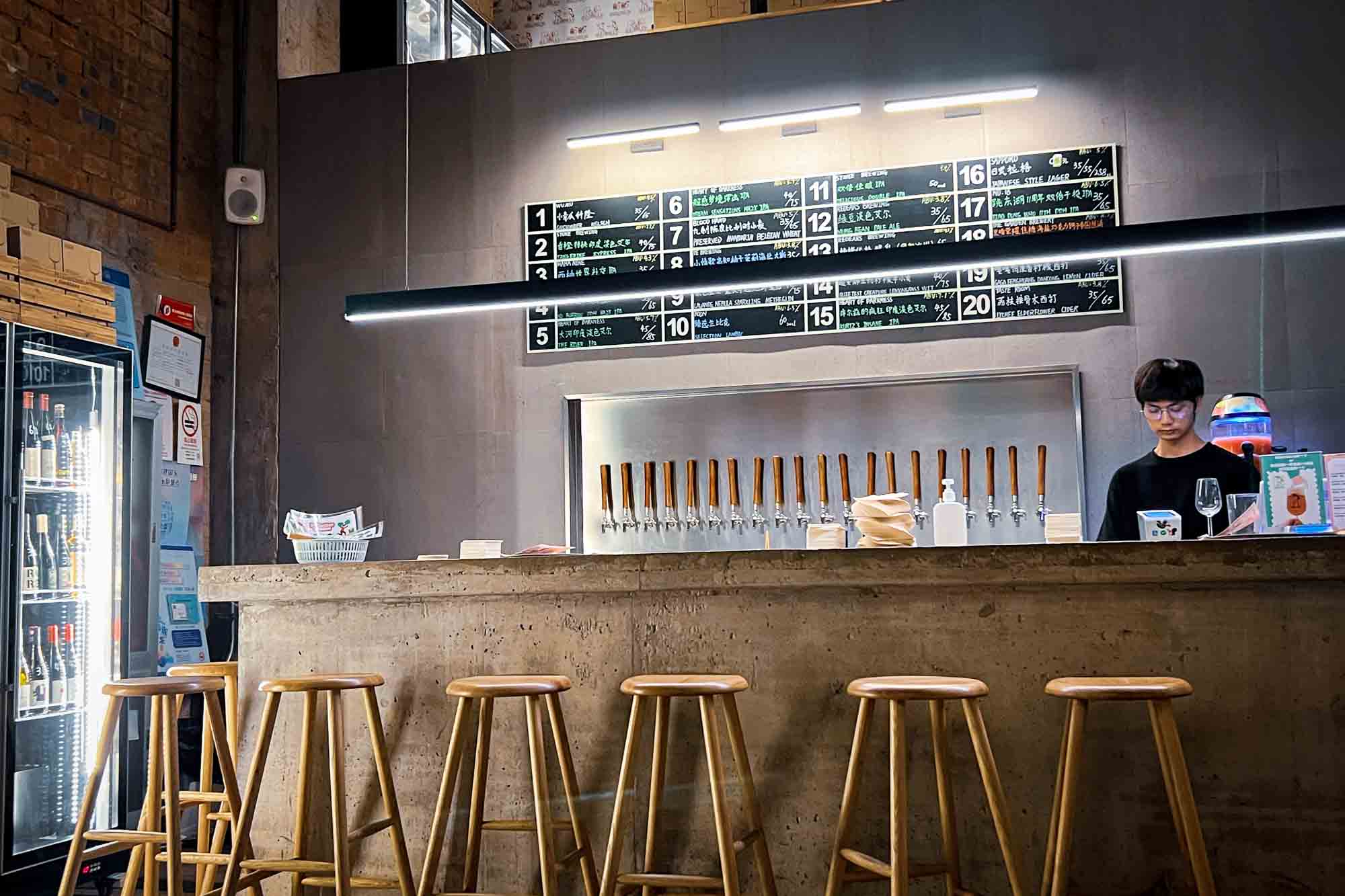
Shanghai’s Best Craft Beer & Breweries in 2026
Craft beer hasn’t been in China as long as traditional brews, but it has been transforming local palates and making a noticeable mark on the global beer map since the late 2000s. This new wave of flavorful and character-rich beers has gone beyond well-known brands like Tsingtao or Snow, introducing a variety of creative local brews. In Shanghai, a city that thrives on diversity and innovation, the craft beer culture has exploded, fueled by a growing middle class with a taste for gourmet experiences and a desire for more than just the ordinary.



